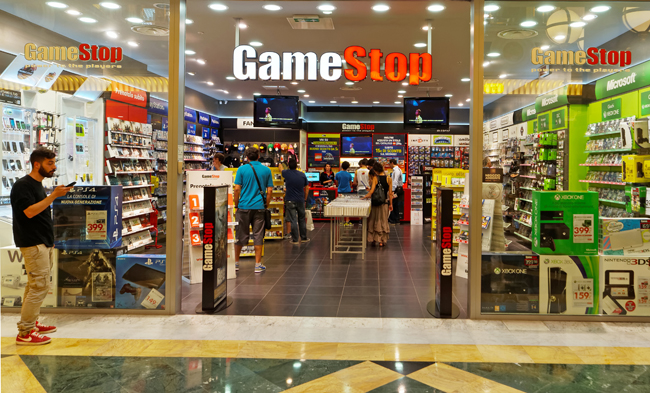
According to a new report by Kotaku, Gamestop is moving to bring an end to the controversial Circle of Life or COL policy that would punish stores for selling games to customers. That’s simplifying the entire process quite a bit, but the basic idea revolves around pushing Gamestop products at a certain percentage or face punishments that allegedly included termination:
If a store’s quota for used game sales is 30%, and the store sells $1,000 worth of merchandise, GameStop expects at least $300 of that merchandise to be pre-owned.
Kotaku is basing their report on conversations with “several store managers” who were apparently informed during a conference call that a new policy would be rolled out over the weekend to update and replace the old COL directives:
Starting next week, according to managers who spoke with Kotaku tonight, GameStop will no longer monitor individual employees’ Circle of Life scores. Each GameStop store will now simply have a single COL number, for their entire store, which will help reduce pressure on individual employees to hit their quotas.
GameStop is also changing the way they calculate Circle of Life scores, managers say. Until now, a COL score had been based on four metrics: 1) pre-owned sales, 2) trade-ins, 3) pre-orders, and 4) rewards cards. Now, GameStop is adding a fifth metric: new sales, which will track each store’s sales numbers against their goals. This will—at least in theory—prevent employees from being punished for selling new games, as they had been in the past.
Kotaku is saying that employees are “cautiously excited” about the announcement, with an official release coming in the next week from Gamestop.
“Should eliminate a lot of the sleaze and take a lot of pressure off everyone from at least the [District Leader] level down. At least in theory.”
The COL rules were just the latest revelations with Gamestop to raise some eyebrows, including the Gamestop credit card that seemed readymade to exploit gamers with interest charges.
My entire thought through this latest controversy with the store has been how it is affecting the guy who uses it as his own personal bank. That was likely fake, but I feel like it’s real on some parallel Earth and that guy is now being treated as an economic genius who is about to take a cabinet position in Frank Stallone’s administration. We can dream, right?
(Via Kotaku)
